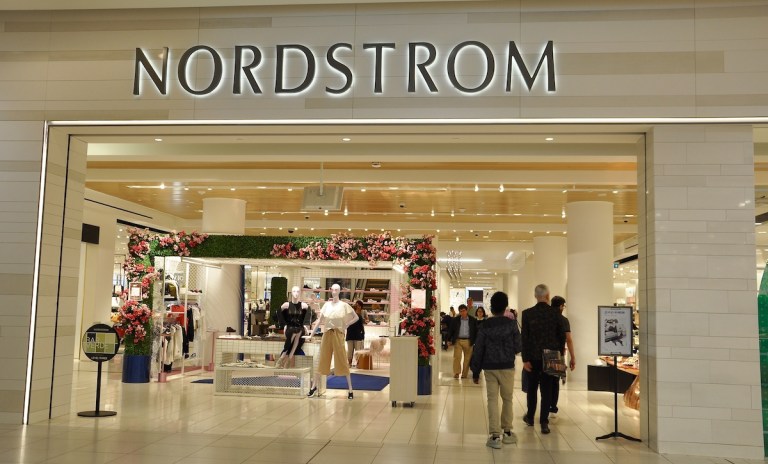Nordstrom Mulls New Privatization Bid as Department Stores Struggle

Nordstrom’s founding family is reportedly mounting another effort to take the retailer private.
The department store chain is in negotiations with banks on the deal, Reuters reported Tuesday (March 19), citing unnamed sources.
In 2017, Nordstrom put together a special committee to consider a buyout deal, discussing the option with several private equity firms. In 2018, the committee rejected an $8.4 million bid as insufficient, according to the report.
PYMNTS contacted the company for comment but did not receive a reply.
Nordstrom, which has 350-plus stores, is led by CEO Erik Nordstrom. He and members of his family own about 30% of the chain, the report said.
The new privatization effort is happening as several American retailers are dealing with a drop in consumer spending, per the report. Another high-profile department store chain, Macy’s, is also a possible takeover target.
Meanwhile, PYMNTS examined the various pressures facing department stores, including changes to the country’s credit card fee structure and a push by luxury brands to make more direct-to-consumer offerings.
“With economic pressures squeezing the lower and middle classes’ budgets, brands and retailers are setting their sights on the shoppers who still have cash to burn,” PYMNTS wrote this week. “Indeed, many brands that operate across luxury and mass-market categories are turning their focus to the higher end of their offerings. Macy’s is closing 150 stores as it refocuses its attention on its luxury brands after record years at Bloomingdale’s and Blue Mercury.”
Even retailers that have struggled to drive sales in their premium offerings are nonetheless concentrating their efforts in this area. Nordstrom reported earlier this month that its premium self-titled banner saw net sales fall 3% year over year, while its sales for its off-priced banner Nordstrom Rack climbed by 14.6%.
“We will focus our Nordstrom banner efforts on digital-led growth supported by our stores,” Erik Nordstrom told analysts at the time.
All the same, high-income shoppers are themselves feeling squeezed. PYMNTS Intelligence found that nearly half of consumers earning more than $100,000 a year lived paycheck to paycheck as of January, with 36% of those annually earning upward of $200,000 reporting the same.
“This lack of financial safety net results in changes to how they spend,” PYMNTS wrote this week. “While 60% of shoppers overall cut back on nonessential purchasing, 56% of high-income consumers did the same, and 28% of consumers in this group have switched to purchasing lower-quality products.”
For all PYMNTS retail coverage, subscribe to the daily Retail Newsletter.